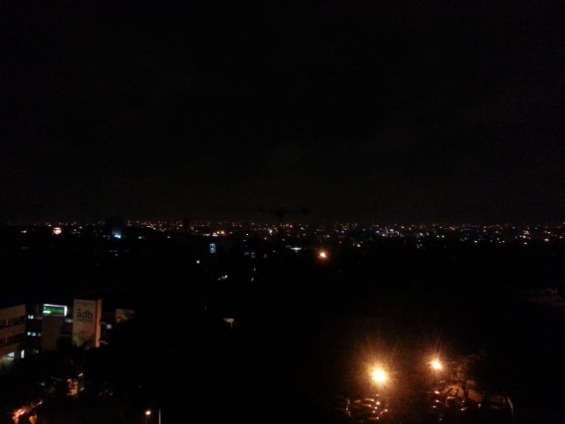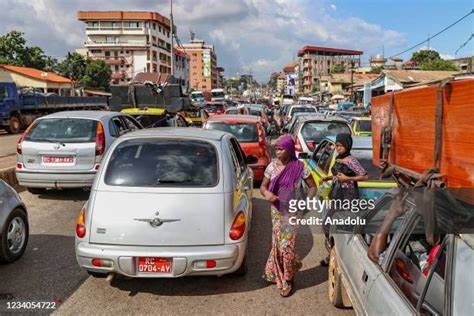By Kwabena Adu Koranteng
In recent months, Ghana has once again found itself in the grip of persistent and unpredictable power outages. Popularly dubbed “dumsor,” this long-standing issue has reemerged with devastating consequences, particularly for small and medium-sized enterprises (SMEs), the very backbone of our economy.
SMEs constitute over 80% of businesses in Ghana and provide employment for a significant portion of the population. These businesses, ranging from cold stores and barbering salons to printing presses and food vendors, rely heavily on electricity for day-to-day operations. When the power goes out without warning or regularity, so too does the lifeblood of these businesses.
Many owners cannot afford the high costs of purchasing and running generators. For those who try, fuel prices and maintenance costs quickly eat into already-thin profit margins. A hairdresser in Accra, for instance, may lose clients simply because she cannot use her dryers or clippers. A frozen foods retailer in Kumasi risks losing thousands of cedis worth of stock during one extended blackout. These are not isolated cases—they are the daily reality of doing business in a country where electricity is never a guarantee.
Moreover, the damage is not just financial. Customer trust and brand reliability are also eroded when businesses cannot meet deadlines or deliver promised services. What starts as an inconvenience becomes a reputation crisis. And in today’s competitive market, especially with the rise of digital platforms, consistency is key.
The tragedy is that these power outages are avoidable. They are the result of poor planning, inadequate investment in infrastructure, and a lack of accountability from institutions tasked with providing stable energy. SMEs do not have the lobbying power or visibility of large corporations, but their struggles deserve national attention. If we continue to let erratic power supply stifle their potential, we are strangling the very sector that has the greatest capacity to drive inclusive growth and job creation.
It is time for the government, utility providers, and regulatory agencies to treat this issue with the urgency it demands. Clear communication, reliable load-shedding schedules, investment in alternative energy, and support schemes for affected businesses are just the beginning. Ghana cannot achieve sustainable development if its entrepreneurs are left in the dark—literally and figuratively.
The resilience of Ghanaian business owners is undeniable, but resilience has its limits. If we do not act now, we risk extinguishing the hope and ambition that fuels our nation’s entrepreneurial spirit. Enditem
Email: Korantengadu@gmail.com
Share Us



